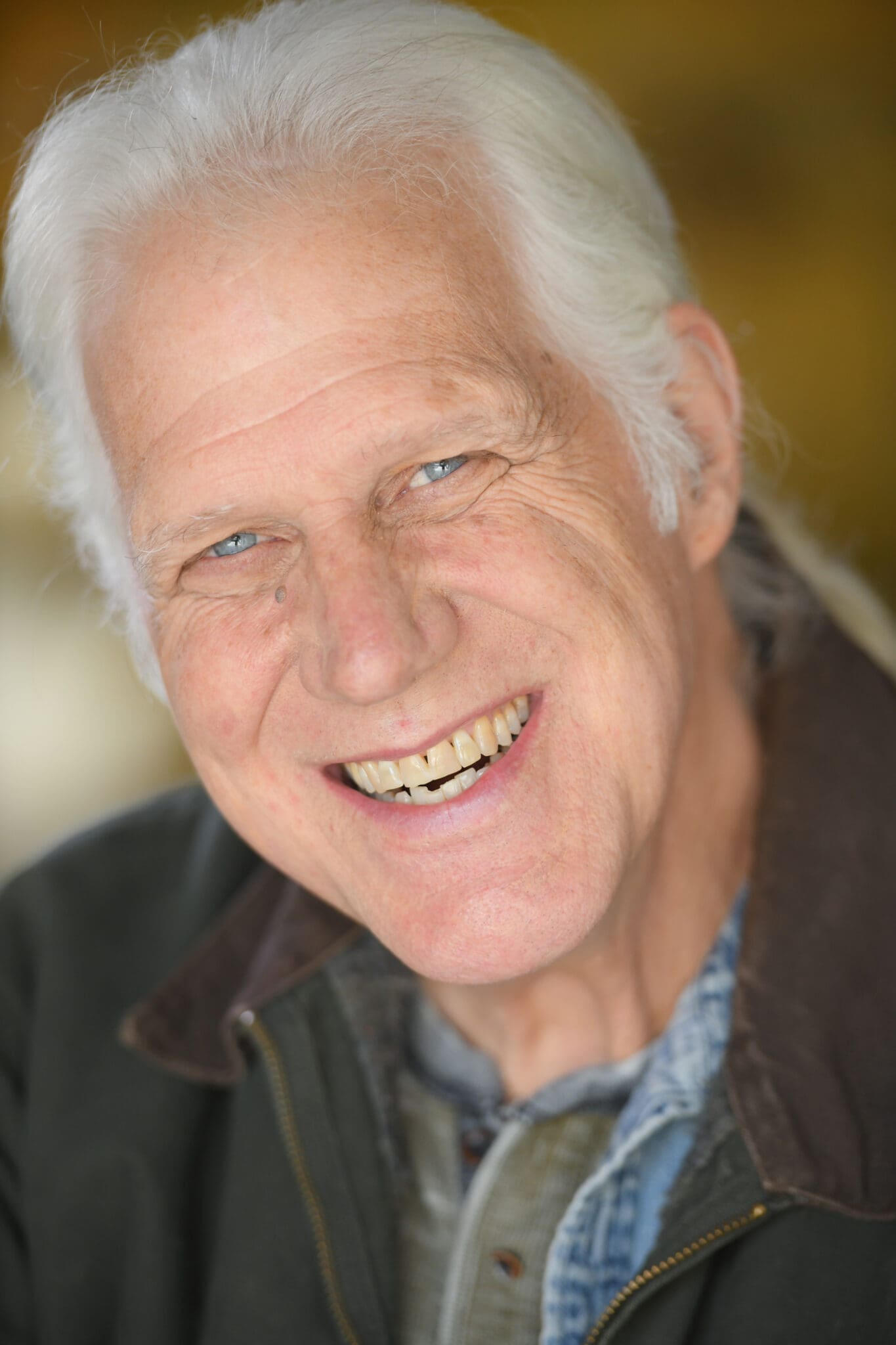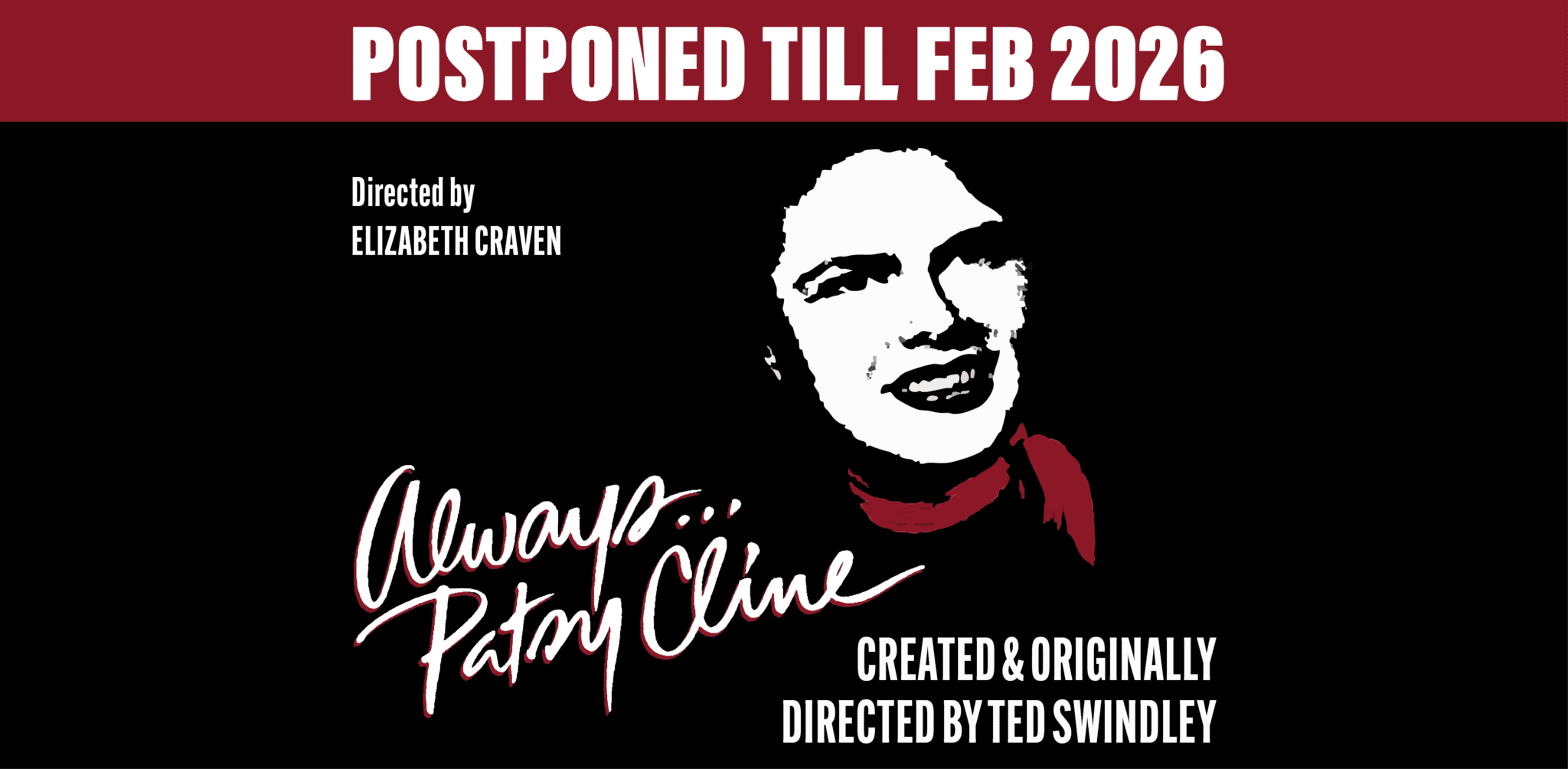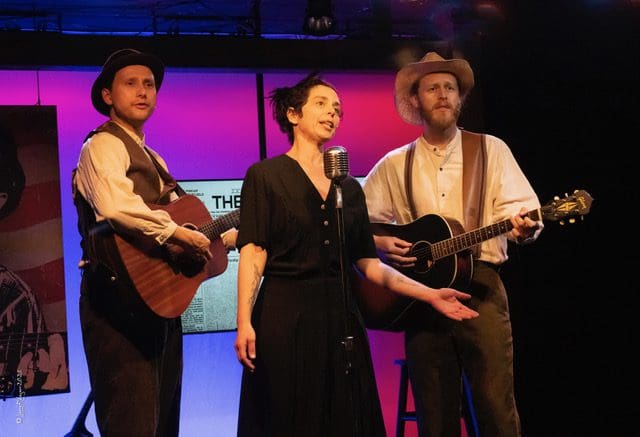The following review appeared in the Mendocino Beacon, 9/29/2022
in a word
A review by Marylyn Motherbear Scott
“My task, which I am trying to achieve is, by the power of the written word, to make you hear, to make you feel–it is, before all, to make you see.” -Joseph Conrad
Mendocino Theatre Company current production, in a word, is a provocative play that draws upon traditions of the comedic absurd. At one moment we laugh at things that, in their essence, may not be funny; at another moment we might squirm a bit in our seats, somewhat mired in a transient discomfort.
The main theme of in a word portrays the struggles of Fiona, a mom, played by Terilynn L Epperson. Terilynn proves her skill by taking on this difficult role. Fiona is both protagonist and antagonist; in some ways, her own worst enemy. Of course we want to like her; but, initially, she is hard to like, hard to identify with.
Fiona is also a teacher. Words, the tools by which teachers, teach, are impactful. Words matter to Fiona as they matter to all. This character, Fiona, teaches the viewer in a dramatic manner.
Guy, the dad, is played by Joel Ginsberg, I might say downplayed, and downplayed well. As much as I dislike saying so, Guy is just a guy. Assuming playwright intention as I do, his name is not just a pick-out-of-the-hat.
This is Fiona’s story, the story of motherhood in a society that does not offer support and does not respect it. Being a mom lands few laurels. It’s hardly considered a job, while being a teacher is credible.
Fiona and Guy are childless and have decided to adopt. Though not a clear choice on her part, she yields to her husband’s persuasion. Both are pleased as they stand before their adopted baby. The words are, in a word, poetic.
He’s perfect. He’s ours. He’s walking. He’s talking, He’s wandering.
This is a critical point in the play. The screw begins to turn in an opposite direction, creating hardship in an otherwise perfect life; at least a more perfect life. The child, Tristan, is autistic. Fiona’s notion of perfection becomes challenged.
Tristan has difficulty following directions. Words are lost on him. Feelings, in frustration, burst out of containment demonstrating behavior that appears inappropriate in the moment, and is extremely difficult for Fiona to handle and to bear. At the same time, he displays a sweet and attractive rawness. In those secret places within, one might have moments of identifying with Tristan. He is the most authentic of the characters.
The talented (adult) actor, Jimmy Betts, is nothing short of amazing in the portrayal of Tristan, a difficult role at best. Not to be missed.
There are seven other characters in the play. Jimmy Betts plays all of them — Kidnapper, Detective, Principal, Andy, Client, Photographer, Officer. This takes an undeniable, breathtaking, skill. We have seen Jimmy’s excellent acting chops in previous MTC roles; this goes beyond.
Eight quick appearances of characters, even in the flesh and under the best of circumstances, are hard to keep up with. In keeping with absurdist tradition, Jimmy offers portrayals of each in a terse and alienating tone. Brechtian in manner, the tone supports distance between actor and viewer. Some of the group of characters are less distinct than a conventional theater-goer might like. In the long run, the overlap does not matter. They are not meant to be distinct.
Award-winning playwright, Lauren Yee, one of the most produced playwrights in America, chose to cast the group of characters as one actor. Why? Because they are, in essence, all one person; projections of Fiona’s mind. All have a similar critical tone, the tone of the defensive ego, a somewhat strident, somewhat accusing, ego projection.
Although the overall tone of the play’s language tends to overshadow its poetic qualities, as production ensues, and the actors settle into their roles, the poetic rhythm may reveal itself more.
I, personally, wanted the principal to be more kind, the kidnapper not so cocky, the detective more caring. Fiona, however, was hearing them speak, as we were, through her distressed need to survive in a world that no longer made sense to her. Self-criticism is often the harshest. These roles are all projections of the frail and suffering Self.
All the characters display a resistance that, in the long run, creates an emotional bankruptcy in themselves, as characters; and in Fiona, who is the vehicle for the audience’s connection to them. Thus, the audience may experience a similar emotional bankruptcy.
Personally, on opening night, I ended up feeling confused, a bit out of sorts, alienated. Like Fiona herself. I wanted to be lifted up, to be given answers.. I wanted the play to make me feel better. No matter. It is not the play’s motive or goal. The vital goal of this play, and perhaps live theater overall, is to bring matters of import into our mind’s eye and emotions. It took time for me to reflect, to allow a less critical impression of what Fiona was teaching.
In her ending monologue, Fiona offers a more or less confessional poem, her inner truth. The poetic qualities of the language of the play can be heard in this heart-wrenching end piece, the heart of the matter —
And sometimes I wasn’t even sure he loved me, not even a little
Guy, the husband, has a saving grace. He cares for Fiona; and, perhaps more so, cares for their ongoing life. Still, he’s just a guy. He wants to enjoy his morning coffee, have his sexual needs met, get out of the house to enjoy a restaurant meal. He is not good at listening nor taking personal responsibility. These aspects that may irritate in the beginning of the play, save us in the end. Joel Ginsberg’s performance gives Guy his resistance; and, at the same time, offers a constancy that serves us in the end. A subtle grace and unspoken forgiveness.
In a word puts us into dialogue with the self or selves, allows us to swim for a hard minute or so, in the sludge of a social political system that supports harsh judgements, estrangement, separation and isolation. The format of this play is not basically political. It is personal
But then,
the personal is political.— Carol Hanisch
In a word does not offer a night of levity, it offers a reminder to love and be loved. It is well worth the experience.
Director, Ann Woodhead, came to us from Sonoma County in 2003. She has directed Opera Fresca, at the Music Festival, and at MTC as director and actor.. She has taken on some difficult subjects as both actor and director. Ann likes a theatrical challenge. in a word, isone of these.
Ongoing appreciation to Stage Crafters: Scenic Design by Carolyn Schneider; Lighting by Dale Cohn; Sound Design by Scott Menzies; Assistant Stage Manager is Jordan Price; and head Stage Manager, Patricia Price.
In a word shows through October 9
Thursday through Saturday evening and a Sunday matinee
For Tix, call (707) 937-4477 or online: www.mendocinotheatre.org











